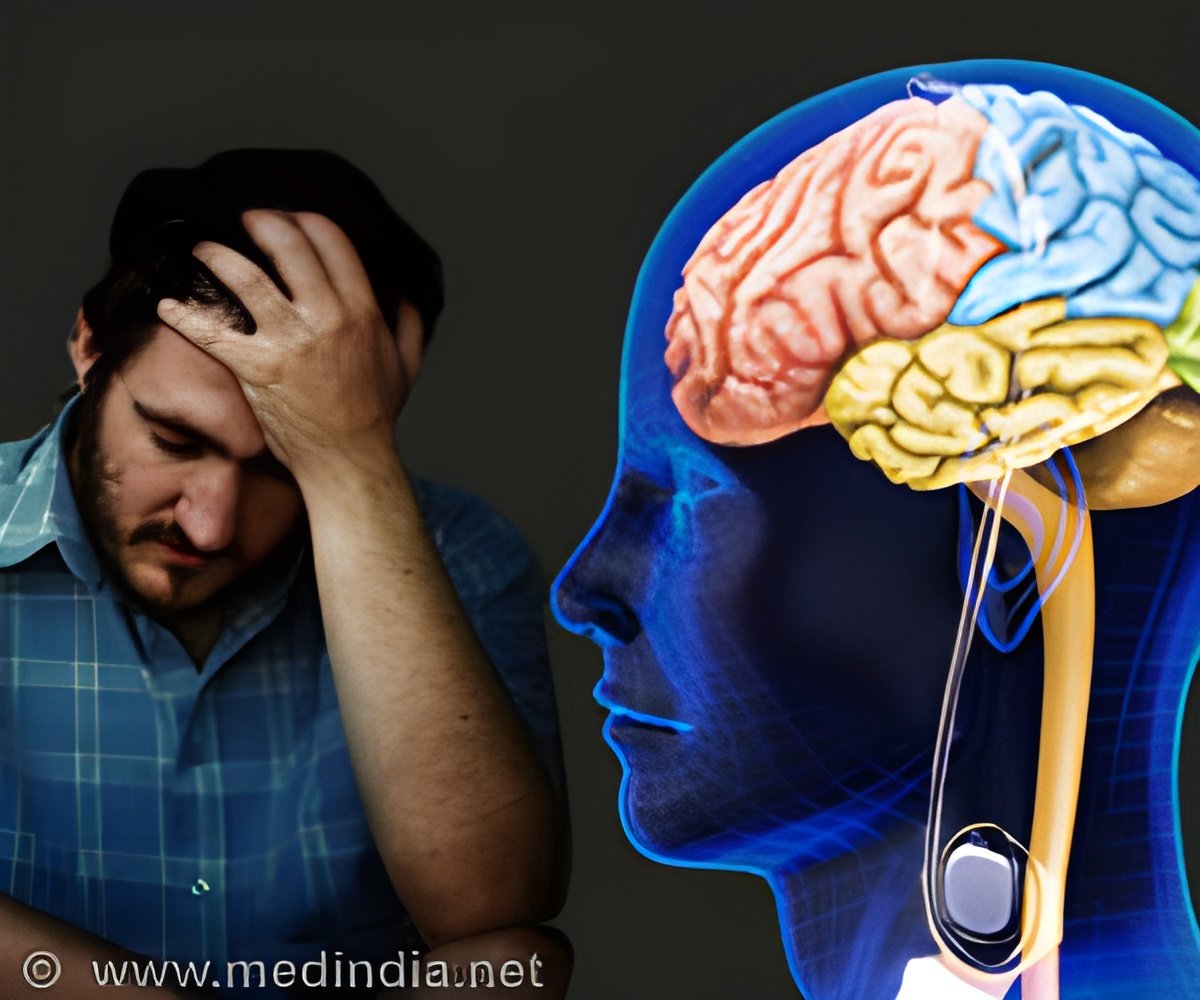The anomalous effect of certain antidepressants is that they may actually worsen symptoms before helping patients feel better.

Researchers and clinicians have been puzzled by this, but Adrian Fischer of Otto-von-Guericke University in Germany and his colleagues now point to evidence from recent studies showing that serotonin neurons transmit a dual signal that consists of the release of serotonin as well as glutamate, another brain chemical. The investigators say that SSRIs may affect these two components of the 'dual signal' in different ways.
"While the serotonergic component is immediately amplified following SSRI administration, the glutamate component is acutely suppressed and is only normalized after several days of drug treatment," says Fischer. He notes that the serotonin component of the dual signal has been linked to motivation, while the glutamate component has been linked to pleasure and learning. "These differential time courses may help to explain the paradox of acute versus chronic SSRI effects."
A better understanding of serotonin neurons' dual signal and its varied response to acute and chronic drug treatment may help resolve some of the paradoxes observed with SSRIs. Delineating the contributing factors of each aspect of the dual signal may point to new drug targets for reducing the delay in effectiveness of SSRIs or even to completely new types of antidepressants. Also, the discovery of the dual signal helps explain why the delayed onset of clinical efficacy that's seen with SSRIs is not evident with other antidepressant drugs that instead target glutamate receptors.
Source-Medindia










